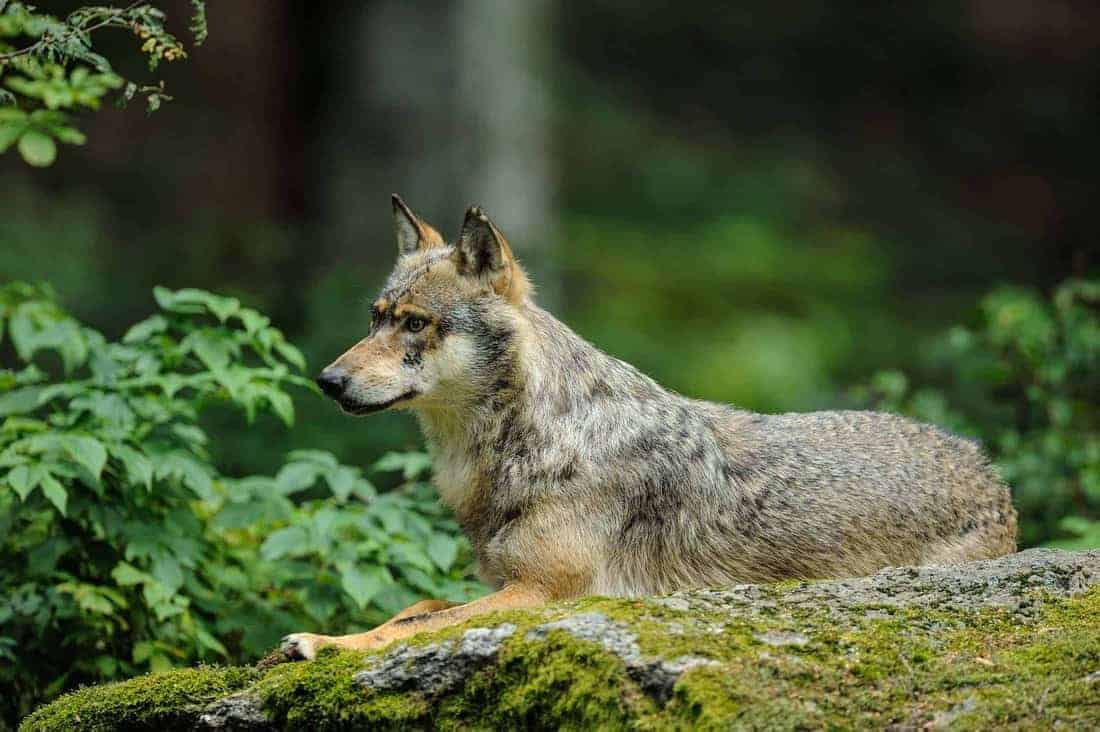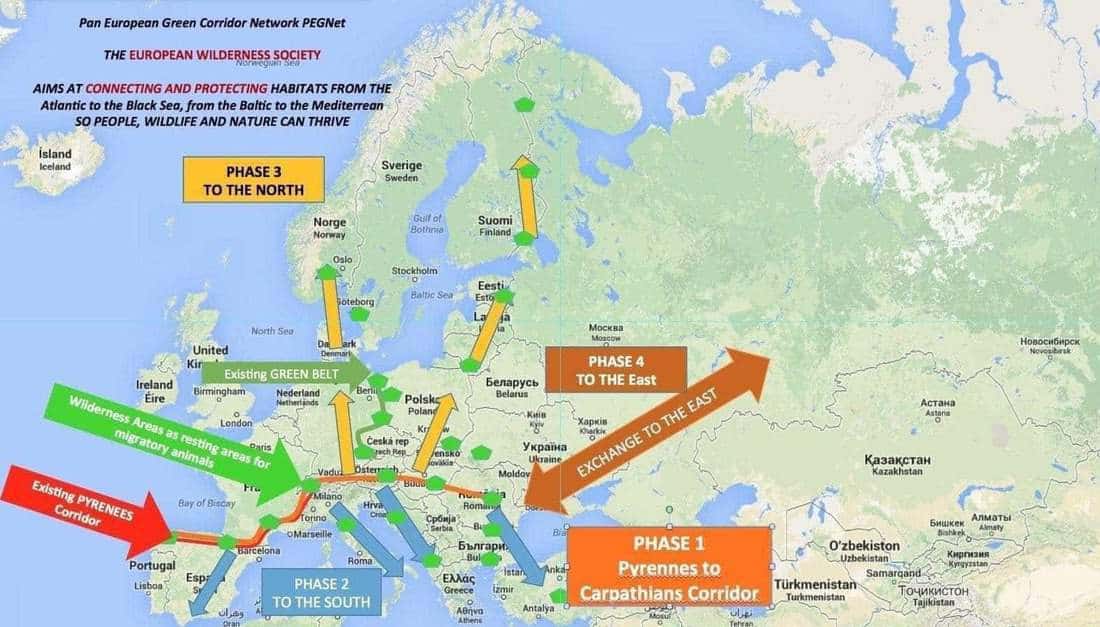European countries take actions against nitrogen pollution
Nitrogen pollution is one of the most universal environmental issues in Europe. While carbon emissions get more attention because of their impact on climate change, nitrogen emissions also heavily impact nature. While nitrogen makes up the majority of our atmosphere and is essential for plant growth, it is nitrogen compounds like ammonia (NH3) and nitrogen-dioxide (NO2) from human acitvites that create problems.
Please also read: Tackling Waste Pollution In Ukrainian Protected Areas
Nitrogen pollution creates a variety of problems
Humans mainly produce nitrogen when burning fossil fuels and in agriculture. They get into the air or waterways and create problems like acid rain, toxic air pollution and eutrophication. In the EU, nitrogen pollution creates an economic damage of € 70 billion to € 320 billion. So far, nitrogen pollution was mostly tackled on a technological level. Pollutant filters in industry and traffic as well as imporved wastewater treatment reduced the amount of nitrogen ending up in the environment. However, this is not enough, because the production of nitrogen was not reduced enough, especially in agriculture.
In agriculture, there are two main sources of nitrogen pollution: over-fertilizing and intensive livestock breeding. On most fields, farmers apply more fertilizer than plants can take up and the rest accumulates in the soils and is eventually washed off into waterways. In Europe only 36% of fertilizer used is actually taken up by plants.
Nitrogen pollution leads to acid rain, acidification of the soil and declining biodiversity in agricultural landscapes and damages plants. In waterways, it causes algal bloom, eutrophication and animal die-offs. While a certain amount of nitrogen is necesssary in an ecosystem, too much puts the system out of balance and destroys biodiversity.
Just like carbon emissions and climate change, nitrogen pollution is a global problem. The emissions can spread indefinitely through air and water and affect all ecosystems. It also impacts protected areas and Wilderness. 60% of Natura 2000 sites suffer from nitrogen pollution.
Courts have to enforce fight against nitrogen pollution
In 2016, the European Comission sued Germany for regularly exceeding nitrogen thresholds in air and water. In consequence, Germany adjusted its regulation for the use of fertilizer (‘Düngeverordnung’). But the adjustment was not sufficient and Germany could not control to nitrogen pollution. So, in March 2020, the federal and states governments finally agreed on stricter rules. If nitrogen thresholds are surpassed in an area, farmers now have to reduce the amount of fertilizer they use.
The Dutch supreme court also ruled that the government has to do more to reduce nitrogen emissions in May 2019. So, in December 2019, the Dutch government instated several measures. Firstly, they introduced a new speed limit of 100 km/h during the day. They also put restrictions for construction in place. And they incentivise livestock farmers to give up their business.
Contrasting reactions
The reactions in both, the Netherlands and Germany, were intense. Farmers feel like the new regulations put a burden on them, that society should share. Hence, many staged protests. Thousands of farmers gathered in front of the agricultural ministries in Den Haag and Bonn and many brought their tractors with them – shutting down most the two cities and highways across the country. Environmental activists on the other hand criticize that the new regulations are still not strict enough to stop nitrogen pollution.
Some Dutch activists, experts and politicians want to get down to the root of the problem. And this root is livestock breeding. Livestock, like all animals, produce nitrogen compounds as part of their metabolism. They are either realeased as gas and manure, which farmers spread on fields as fertilizer. Hence, the ‘easiest’ solution for nitrogen pollution is to reduce the number of livestock. That is why they demand to half the number of livestock in the Netherlands.
Time will tell if the new regulations will be sufficient to control nitrogen pollution. To protect human health and biodiversity in agricultural areas, bodies of water as well as Wilderness, nitrogen pollution across Europe must be massively reduced. The Netherlands and Germany finally made the first step.
Legal action as a tool in conservation
These two cases are also signs of a wider trend. Even though most steps towards a more sustainable world are launched on a political level, legal intiatives are increasing. The magnitude of the climate crisis opens the door to a new legal approach. The climate crisis endangers the health of each country´s citizens, the highest human right. Following this reasonsing, the Dutch supreme court ruled in December 2019 that the Dutch government must fight the climate crisis to protect its citizens. In Germany, a similar lawsuit is pending and activists across Europe follow the lead.








